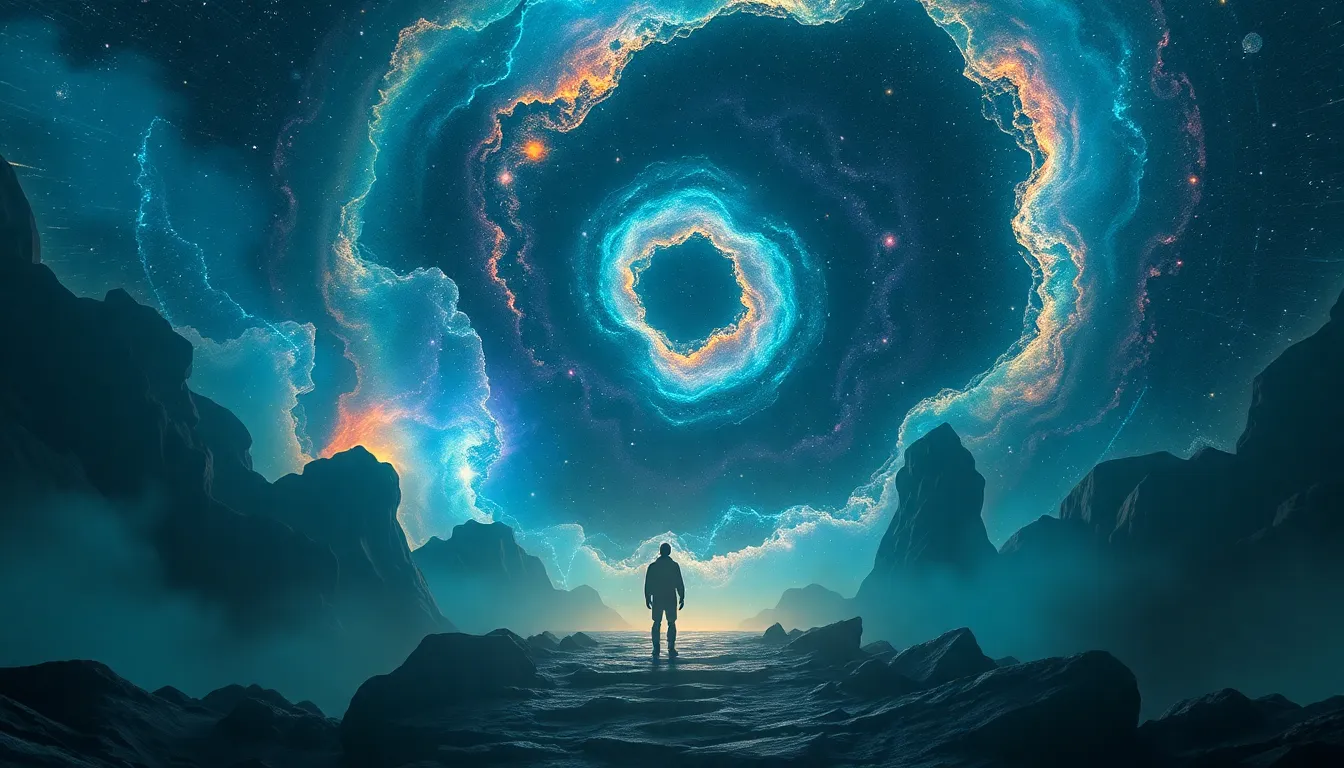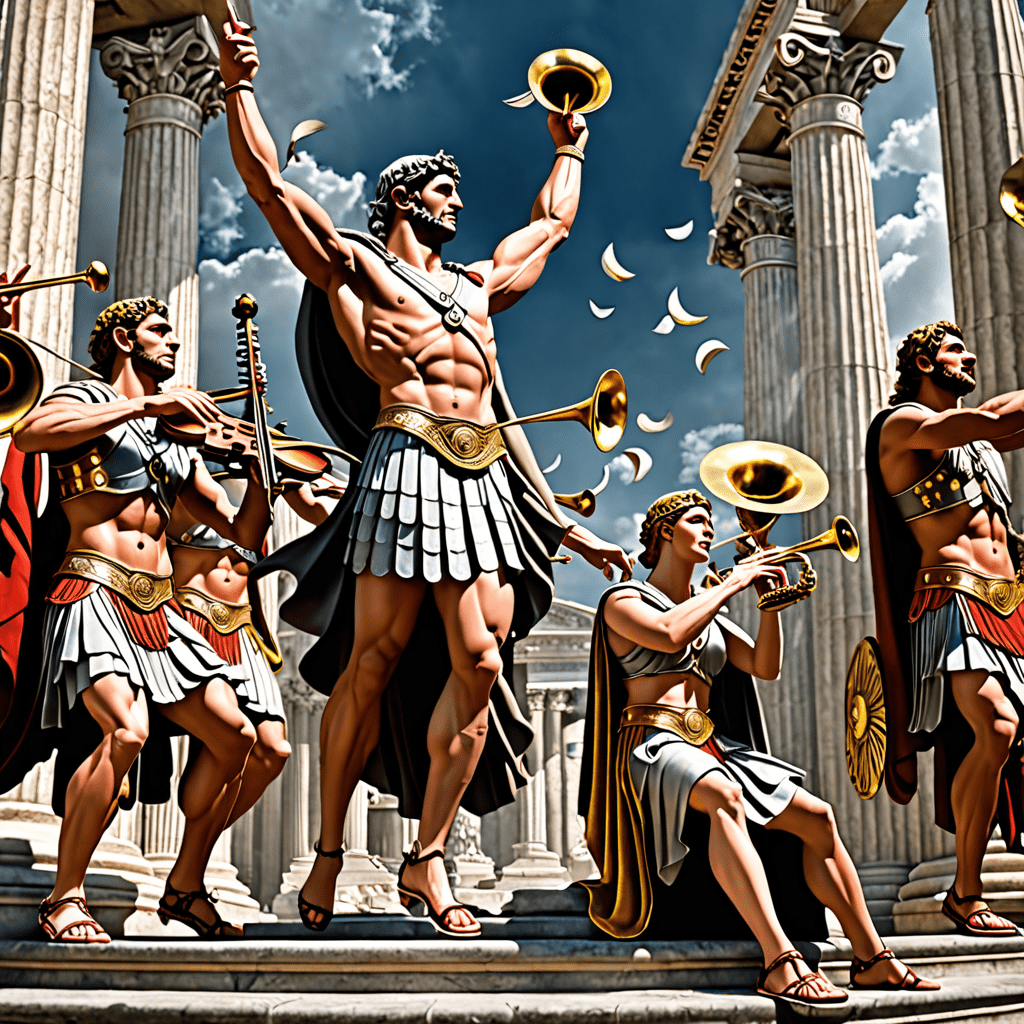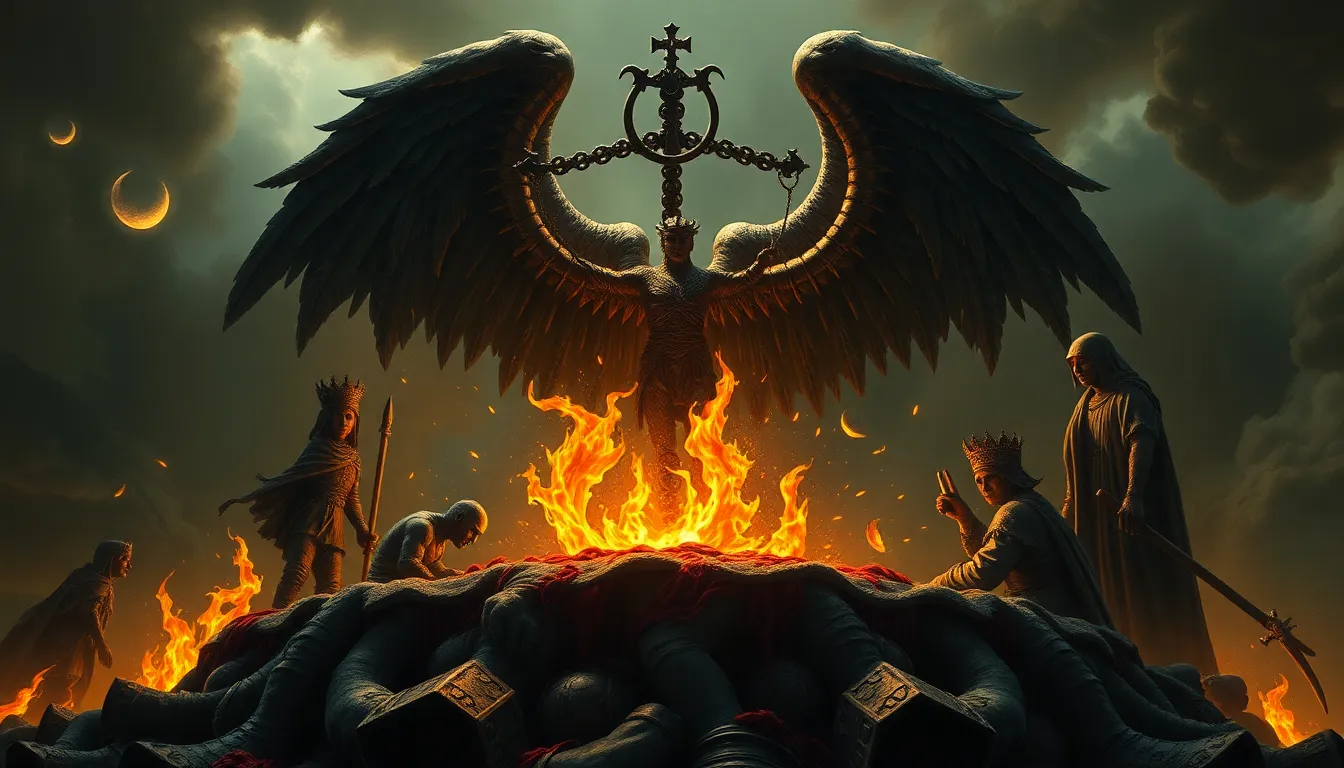The Journey of the Cosmic Traveler: Myths of Exploration and Wonder
Introduction: The Allure of Cosmic Exploration
Humanity has always looked up at the night sky with a sense of wonder and curiosity. The cosmos, with its vastness and mystery, has been the subject of fascination for millennia. From ancient civilizations to modern science, the exploration of the universe has inspired countless myths and legends that reflect our deepest aspirations and fears. These stories serve as a reminder of our place in the universe and the innate desire to explore the unknown.
Cosmic travel, whether in the form of physical journeys to distant planets or metaphorical quests into the unknown, has been a persistent theme throughout human history. The myths that surround these explorations, from ancient tales of gods and heroes to contemporary science fiction, capture the essence of our quest for knowledge and understanding of the cosmos.
The Origins of Cosmic Myths: Ancient Civilizations and the Stars
The origins of cosmic myths can be traced back to ancient civilizations that looked to the stars for guidance and inspiration. Cultures such as the Sumerians, Egyptians, and Greeks created rich mythologies that intertwined their beliefs with celestial phenomena. The stars were not just distant points of light; they were integral to the fabric of their stories and understanding of the world.
- Sumerians: The Sumerians worshipped celestial bodies, associating planets with gods. They used the night sky for navigation and to develop their calendar.
- Egyptians: The Egyptians built their pyramids in alignment with the stars, believing that the afterlife was a journey through the cosmos.
- Greeks: Greek mythology is filled with tales of constellations, such as Orion and Ursa Major, which were used to tell stories and navigate the seas.
These ancient cultures relied on the stars not just for navigation but also for storytelling, weaving cosmic events into their myths to explain natural phenomena and human experiences. The constellations served as a map of their beliefs, revealing both their understanding of the universe and their place within it.
Cosmic Travelers in Mythology: Gods and Heroes
Throughout mythology, figures such as Icarus and Zeus embody humanity’s complex relationship with the cosmos. These characters symbolize our aspirations to transcend earthly bounds and explore the heavens, while also reflecting our fears of overreaching and facing the unknown.
- Icarus: The tale of Icarus, who flew too close to the sun with wax wings, serves as a cautionary story about ambition and the potential dangers of cosmic exploration.
- Zeus: As the king of the gods, Zeus wielded thunderbolts and was often associated with celestial phenomena, representing both power and the unpredictability of the cosmos.
These mythological figures remind us that the journey into the cosmos is not just a physical endeavor but also an emotional and spiritual one. They encapsulate the duality of human exploration—our desire to reach for the stars and the inherent risks that come with it.
The Influence of Folklore on Space Exploration
Myths and legends have profoundly influenced the early astronomers and explorers who sought to understand the universe. The stories of brave voyagers and celestial beings inspired pioneers in astronomy, leading to significant advancements in our understanding of space.
As science progressed, the transition from mythological explanations to scientific inquiry began. Ancient myths laid the groundwork for scientific exploration, as they encouraged curiosity and a desire to uncover the mysteries of the cosmos.
Literary Representations of Cosmic Journeys
The realm of literature has long been a fertile ground for exploring cosmic journeys. Authors such as Jules Verne, H.G. Wells, and Arthur C. Clarke have crafted narratives that not only entertain but also provoke thought about the implications of space travel.
- Jules Verne: In “From the Earth to the Moon,” Verne envisioned a future where humanity could travel to the moon, blending scientific speculation with adventure.
- H.G. Wells: Works like “The War of the Worlds” and “The First Men in the Moon” explore the potential consequences of contact with extraterrestrial life and the logistics of space travel.
- Arthur C. Clarke: Clarke’s “2001: A Space Odyssey” bridged science fiction with philosophical questions about humanity’s place in the universe.
These literary works have shaped public perception of space travel, inspiring generations to dream about the possibilities of cosmic exploration and instilling a sense of wonder about the universe.
Modern Myths: The Impact of Science Fiction
In contemporary culture, science fiction has become a dominant narrative surrounding cosmic travel. Films and books in this genre expand the possibilities of what space exploration can entail, often reflecting societal hopes and fears.
Iconic works such as “Star Wars,” “Star Trek,” and “The Martian” have ingrained themselves in the cultural consciousness, offering visions of space travel that are both thrilling and thought-provoking. These modern myths not only entertain but also challenge us to consider the future of humanity beyond Earth.
The Intersection of Science and Myth: Space Exploration Today
Today’s space missions, from NASA’s Artemis program to SpaceX’s Starship, are infused with the spirit of exploration that has defined humanity for centuries. These missions are often accompanied by narratives that evoke the myths of old, reminding us of our enduring fascination with the cosmos.
Storytelling plays a crucial role in these endeavors, as organizations like NASA and SpaceX use narratives to engage the public and inspire future generations. By framing space exploration within a mythic context, they tap into the collective desire to explore and discover.
Cultural Reflections: How Different Societies View the Cosmos
The way societies perceive the cosmos varies widely across cultures. Some view space as a realm of gods and spirits, while others see it as a frontier for scientific exploration. These differing perspectives influence how communities engage with the idea of cosmic travel.
- Indigenous Cultures: Many indigenous peoples have rich cosmologies that connect them to the stars, often viewing the cosmos as a living entity.
- Western Science: Western civilization tends to approach space through a scientific lens, focusing on exploration and colonization.
The impact of mythology in shaping these perspectives is significant, as it informs the narratives that drive contemporary scientific endeavors in various regions of the world.
The Future of Cosmic Travel: New Myths in the Making
As technology advances, the potential for human endeavors in space travel and colonization becomes increasingly tangible. Companies are planning missions to Mars, and the possibility of establishing human settlements on other celestial bodies is on the horizon.
This new era of exploration will undoubtedly give rise to fresh myths and narratives, as future generations grapple with the implications of living beyond Earth and the ethical considerations that come with it. The stories we tell about these journeys will reflect our values and aspirations as a species.
Conclusion: The Ever-Evolving Narrative of the Cosmic Traveler
The myths surrounding cosmic exploration are enduring and ever-evolving, reflecting humanity’s quest for understanding and connection with the universe. As we continue to explore the stars, the narratives we create will shape our identity and influence how we perceive our place in the cosmos.
Storytelling remains a vital aspect of this journey, allowing us to frame our experiences and aspirations in a way that resonates with our collective consciousness. The cosmic traveler, both mythical and real, represents the spirit of exploration that defines us as a species.



